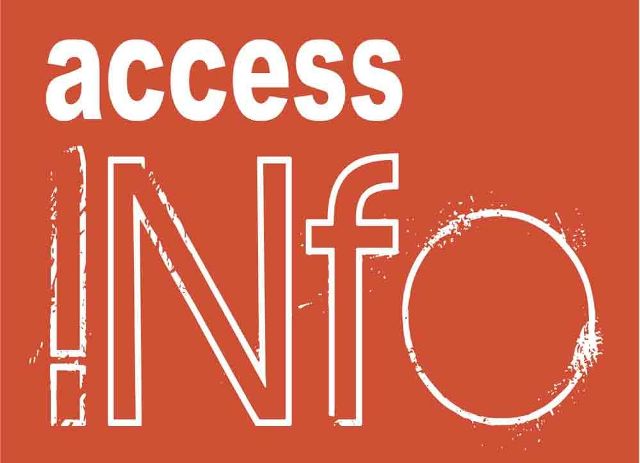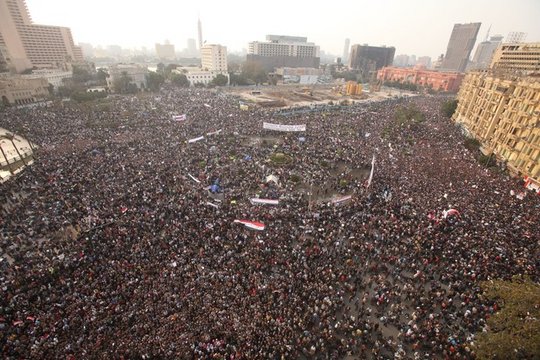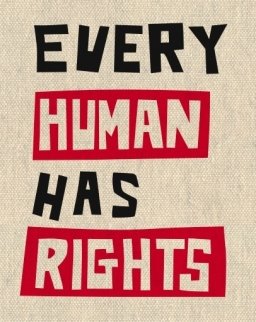 More than 50 civil society organisations working to promote freedom of expression around the world condemned the serious violations of human rights taking place at the critical moment in Egypt.
More than 50 civil society organisations working to promote freedom of expression around the world condemned the serious violations of human rights taking place at the critical moment in Egypt.
Policy of silencing
According to them, since pro-democracy activists first began popular protest across Egypt on 25 January, there have been at least three hundred deaths, incidents of physical attacks and brutality, often involving live fire, and arbitrary arrests and detentions of protestors and journalists. The government has also restricted access to the internet, withdrawn mobile phone services and placed restrictions on independent media.
“These measures have had the effect of silencing and suppressing the speech of legitimate protestors and presented significant obstacles to many others, both inside and outside the country, who wish to access or share information about the demonstrations and the human rights abuses that have occurred during this period,” reads the appeal.
Bad example
The undersigning organizations say Egypt’s total censorship of the internet and mobile communications also stands to encourage other governments in the region and beyond to take sim ilar action.
ilar action.
“In our opinion, the Egyptian authorities are in violation of the state’s international human rights obligations under the International Covenant on Civil and Political Rights with respect to the right to freedom of expression and the right to information as well as the right to freedom of assembly and association, the right to liberty, the right to life and the right not to be subjected to torture or to cruel, inhuman or degrading treatment or punishment,” say international organisations.
Call to remove limitations and restrictions
As massive rallies take place across Egypt, they call upon the Egyptian state authorities, including the national government, police, security and armed forces to:
– Remove any remaining limitations on access to the internet and mobile communications and refrain from imposing any such restrictions;
– Remove all restrictions on independent media and release all journalists and lawful protestors who have been detained;
– Respect Egypt’s international legal obligations in policing the protests and only use force that is reasonable, proportionate and genuinely aimed at preventing crimes;
– Ensure that there are independent and effective investigations into allegations of killings, attacks or threats by state agents;
– Immediately repeal state emergency laws.
Need of international support
They also call upon influential states, intergovernmental and regional  organisations, including the United Nations, African Union and the European Union to:
organisations, including the United Nations, African Union and the European Union to:
– Condemn all violations of human rights by Egyptian state authorities during this period of popular unrest in Egypt;
– Exert pressure on Egypt to remove any remaining limitations on access to the internet and mobile communications and refrain from imposing any such restrictions;
– Exert pressure on the Egyptian state authorities to respect human rights, in particular the right to freedom of expression and the right to information;
– Support a smooth transition in Egypt to a system that embraces democracy, the rule of law and human rights.
Organisations say they will continue to closely monitor the events in Egypt as they unfold.
HR Centre in Cairo under attack
English PEN reports that Human Rights Centre in Cairo was under attack on 4 February. According to Ahdaf Soueif, author of “The Map of Love”, eight to twelve people being dragged out of the Human Rights Centre and bundled into a civilian micro-bus while a military police vehicle waited nearby, the people were being beaten.
Human Rights Centre in Cairo is the home of  the offices of The Hisham Mubarak Legal Aid Centre, The Centre for Social and Economic Rights and The 6th April Youth.
the offices of The Hisham Mubarak Legal Aid Centre, The Centre for Social and Economic Rights and The 6th April Youth.
Robert Sharp, Campaigns Manager at English PEN, said:
In a crisis, writers and human rights activists become very vulnerable. Those who seek to censor and oppress can use the chaos as a cover for violence. Journalists and publishers have been beaten and intimidated, and the libraries and museums are under threat. Now we hear that those seeking to upload and expand the rule of law are being targeted.
As confusion reigns in Egypt, everyone else must do what they can to help these human rights campaigners who are in trouble. We should spread the news of these attacks, and demand that our own government forces the Egyptian authorities protect their citizens’ right to free expression.
Find out more about human rights’ situation during recent events in Middle East countries here.
Related articles:
Volatile developments in Middle East
January: arrested writers, journalists, bloggers in Iran, Tunisia, Yemen and Belarus
EC encouraged enhancing freedom of expression rights to internet users
Iran: one year after elections – importance of internet and small media





